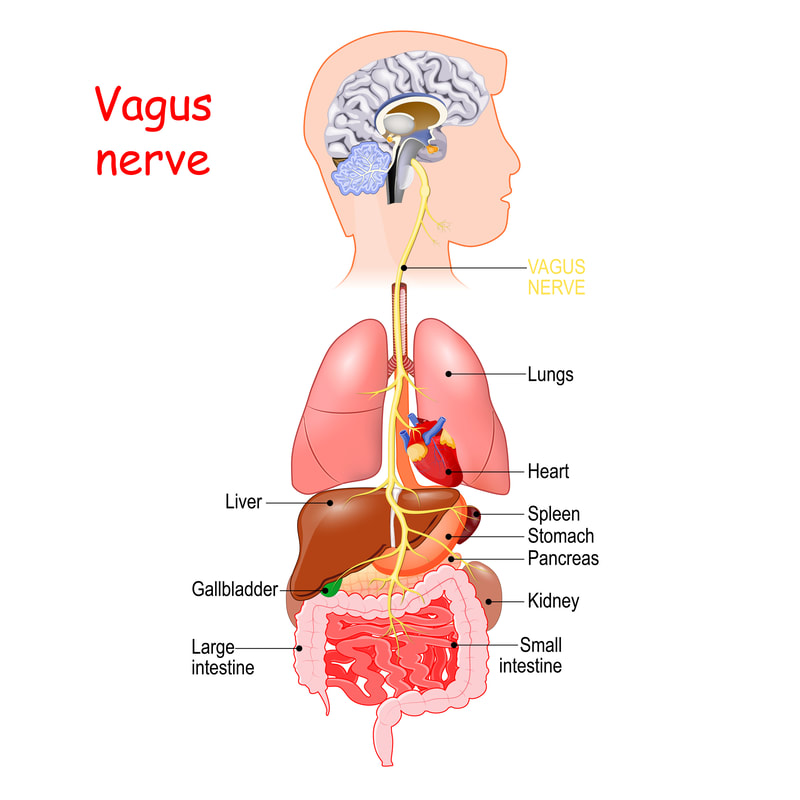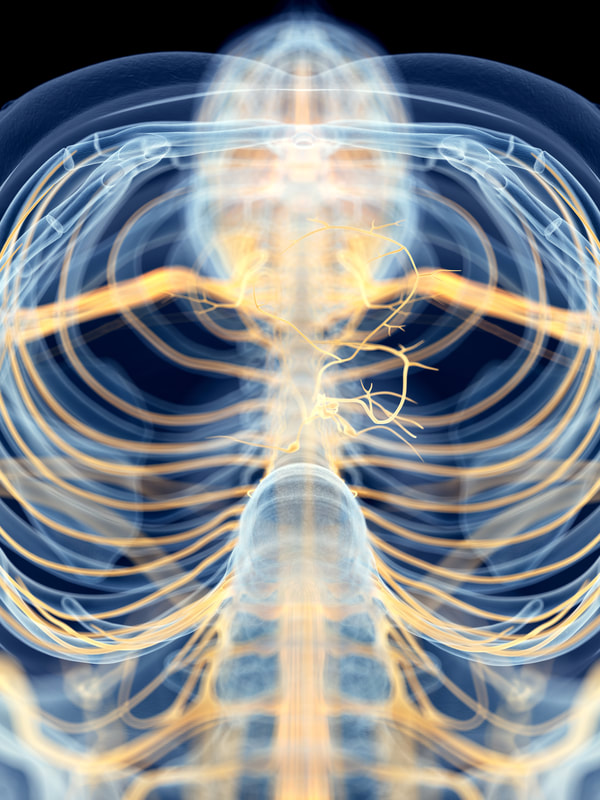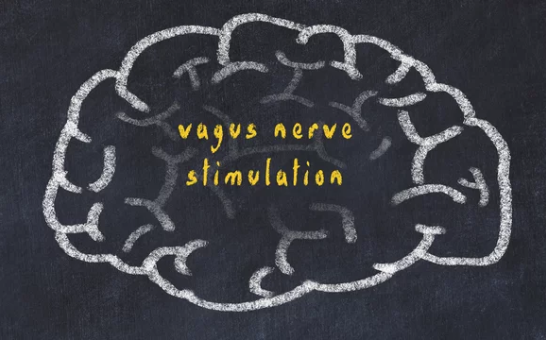|
As humans, we are wired to crave connection, to create deep lasting bonds; be that with a social circle, or just a social life in general. It is important to keep people around us as a support group or network. It’s part of how we develop as humans, and a tool we can use to manage our mental health state.
When was the last time you nurtured your spirit? We tend to focus a great deal of our energy and time nurturing the physical body through diet and exercise, but our spiritual health is often forgotten, ignored, or pushed to the back of our minds when we need to focus on something else. What Is Spiritual Self-Care?
Spirituality has different meanings for everybody, usually influenced by the ideologies you grew up with. Many associate spirituality with religion or cultural traditions. Observing rituals, attending religious services or ceremonies, and studying religious texts are types of spiritual self-care for billions of people around the world. For others, the concept of spirituality is experienced in nature, in personal relationships, or within oneself. It could be through art, music, and dance; anything that is meaningful and kindles a sense of sacredness, even if only felt by the individual. Spirituality is a personal practice. No matter what path is chosen, they all converge upon something you desire on some level—the need for connection, purpose, and happiness. We are now hitting the time period where everyone starts to slip on their over ambitious New Year’s Resolutions. If you happen to be one of those overzealous resolution setters and are finding your goals starting to slide a little, we have the perfect resolution tweak that is very achievable and rewarding at the same time - Daily Practical Self-Care.
The act of nourishing and caring for your inner feelings and emotions is known as emotional self-care. Taking care of your entire self, including your emotional life, is more crucial than ever in the demanding environment we live in today. You may reduce stress, calm your nervous system, cope with difficult situations, and improve your mood by nurturing your emotions and processing any persistently negative ones.
The phrase "self-care'' is used all the time. It is sometimes represented as an indulgent activity that involves buying expensive skin care products or other presents for yourself. That might be a component of someone's self-care, but it's actually more simple and more complex than that. Self-care is a conscious action we take to look after our physical, mental, and emotional well-being. The practice of self-care is not inherently selfish; it is essential to our well-being and comes in a variety of ways.
These days, self-care is talked about so frequently that it is difficult to even determine why we adore using the term so much. Reading a nice book and going to the spa aren't the only forms of self-care. It is so much more than that. So what exactly is it, and why is it so important?
Your brainstem, neck, and belly are all connected by the vagus nerve. Its primary job is to control your heart and breathing rates as well as digestion. When it's active, it will reduce your body's physiological reaction to stress, helping you to feel calmer. The good news, then? You can perform particular exercises to stimulate your vagus nerve.
“Tonic” refers to a state of continuous activity that exists in both the sympathetic and parasympathetic divisions of the autonomic nervous systems under a wide variety of conditions. Strictly defined, “autonomic” or “autonomous” signifies independence or freedom from control by external forces.
The Latin word "vagus" means "wanderer," which appropriately describes how the nerve travels throughout the body and connects to various organs. The vagus nerve is also an important part of the parasympathetic nervous system, which helps you rest and digest. It has an impact on your respiration, digestion, and heart rate, all of which have a significant impact on your mental health.
|
Categories
All
Archives
January 2024
|
Massage News - Articles of Interest
|
|
Recent Testimonials
"After a car accident a few years ago I have had problems with my shoulder. Rita helped me with the pain when doctors couldn't."
- Jo A. "I have suffered from chronic headaches and several back injuries for years. Regular massage has helped me to increase my flexibility and reduce muscular tension."
- Sheila P. |
About Us
We are a family-owned and operated company, serving the Bemidji area since 2004. Rita Scholl Bergstrom has over 25 years' experience as a massage and bodywork practitioner. |
2024 Copyright © Living Touch Massage. All Rights Reserved.
Site powered by Superior Effect Marketing
















